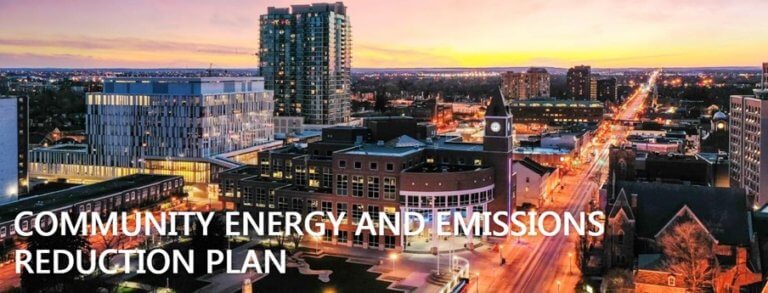The Voice of Canada News
As the next step in cracking down on money laundering in British Columbia, government is working with public and private post-secondary institutions to ensure they are not targets for money laundering after being identified as one of several vulnerable sectors.
“We need to protect post-secondary institutions as places for higher learning and skills development, not alleged places for organized crime to clean dirty money,” said Melanie Mark, Minister of Advanced Education, Skills and Training. “Our government has not waited to act while the independent reviews, and now the inquiry, into money laundering have been ongoing. We have a responsibility to stamp out money laundering by addressing and mitigating any possible loopholes as we become aware of them.”
Effective immediately, public and private post-secondary institutions are asked to review their financial policies to ensure that large cash payments from a single student are not accepted. Institutions are also asked to share copies of their existing policies to guide future direction from the Province. Those without a policy on the acceptance of cash are asked to develop one.
“Unfortunately, even our post-secondary institutions are at risk for money laundering,” said David Eby, Attorney General. “Peter German has advised that people are paying thousands of dollars in suspicious cash for multiple semesters in advance and then seeking refunds by cheque. Our post-secondary institutions must not be used to launder money, and we are asking them to review their policies to put a stop to it.”
Peter German’s second report on money laundering was released on May 9, 2019. While the report focused on money laundering in real estate, luxury cars and horse racing, German also identified alleged reports of money laundering in other vulnerable sectors, such as the province’s post-secondary system.
A report from the Expert Panel on Money Laundering in Real Estate, released the same day, estimates that more than $7 billion in dirty money was laundered in B.C. in 2018 and that dirty money increased the cost of buying a home by about 5%. This could be significantly higher – upwards of 20% – in areas like Metro Vancouver where there appears to be more money laundering activity.



